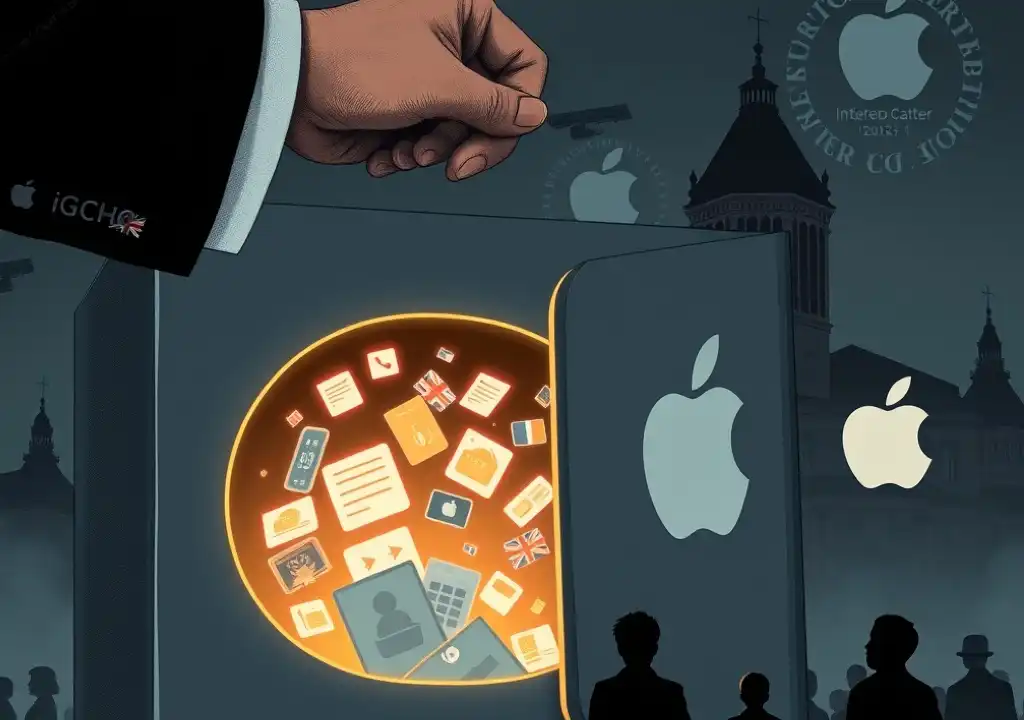Apple has, for the first time, pulled back on providing end-to-end cloud encryption for users in the United Kingdom after reports surfaced that the government requested backdoor access to encrypted content, according to The Washington Post.
The tech giant announced on Friday that it is discontinuing its Advanced Data Protection (ADP) encryption service for new users in the UK and will progressively phase it out for current users in the region.
Advanced Data Protection, launched by Apple in late 2022, is an optional feature that allows iCloud content—such as files, images, notes, and more—to be fully encrypted while stored in the cloud.
Sources told The Washington Post that the UK government issued a confidential order demanding Apple create a means of backdoor entry into encrypted user data. In response, Apple stated it “can no longer offer Advanced Data Protection” to UK customers.
“We are deeply disappointed that ADP’s added security will not be available to our UK users, especially in light of the increasing threat of cyber breaches and privacy concerns,” the company said, without directly mentioning the government’s reported order.
The newspaper reported that UK officials had invoked a “technical capability notice” under the Investigatory Powers Act of 2016—often referred to as the “snoopers’ charter.” The legislation empowers intelligence agencies to hack into devices and collect mass internet data, even internationally. It also mandates that companies remove encryption if instructed, and legally bars them from disclosing such directives.
“We do not discuss operational details, including whether such notices exist,” the UK Home Office commented briefly.
Security undermined
Apple has not disclosed how many UK users were enrolled in ADP. The company confirmed, however, that the feature remains available in other countries.
Certain types of information will still benefit from end-to-end encryption in the UK, including passwords saved via iCloud Keychain, health-related data from the Health app, and communications on platforms such as FaceTime and iMessage.
End-to-end encryption ensures data is scrambled in a way that only the sender and recipient can decrypt it. Any interception would yield useless information without access to the decryption key.
Mike Chapple, a former NSA computer scientist and now IT professor at Notre Dame’s Mendoza College of Business, said the situation reveals a serious flaw in government approaches that compromise encryption.
“When forced to pick between user security and compliance, companies like Apple often end up pulling the feature altogether,” Chapple explained. “That leads to weaker protection for everyone. If other countries replicate the UK’s move, strong encryption could become essentially illegal, increasing risks of surveillance—not just by governments, but also by hackers and cybercriminals.”

